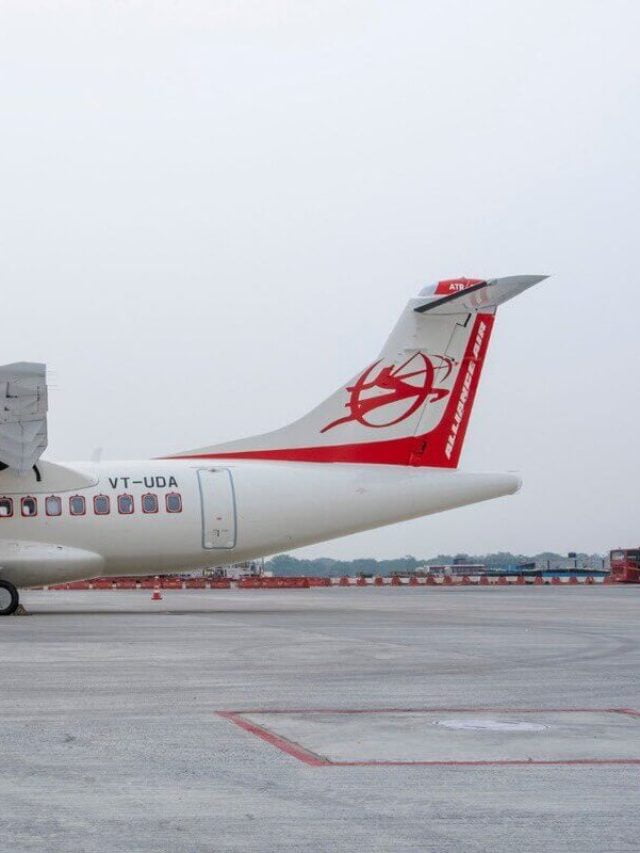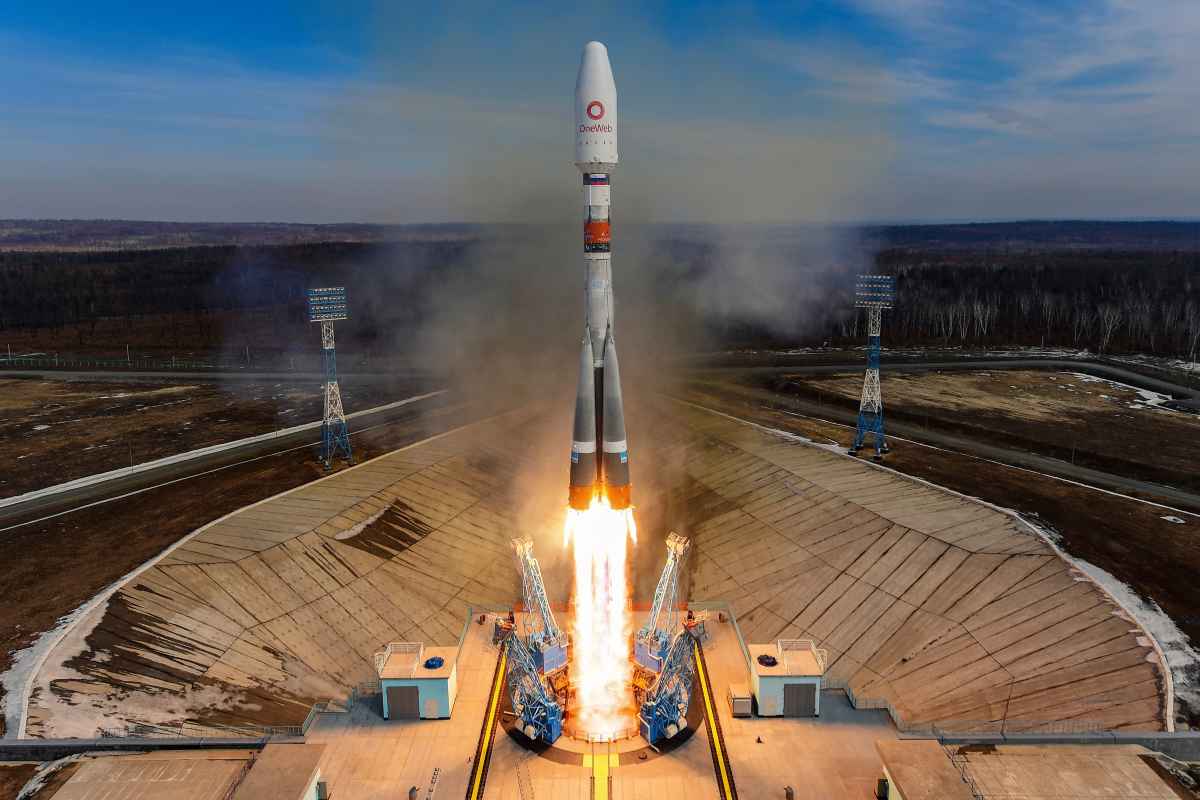
Technology integration has brought about rapid transformation within the Facility Management (FM) industry. A suite of tools aid in the enhancement and improved efficiency of operations. While FM is conventionally a hands-on operation with the core being manual partaking, digitalisation has brought about new frontiers that support FMs in a data-centric, analytical, and tech-cohesive approach to operations, says, Pradeep Lala, Managing Director and Chief Executive Officer, Embassy Services Private Limited.
Q1. What Is the Role of Facility Management in Airports?
Facility managers play an extremely critical role in ensuring the seamless operations of an airport facility. An Airport being vast in the area with numerous sections such as the landside, airside, housing area, ATC, Cargo Complex, ARFF-Fire stations, etc., facility managers have extremely diverse and critical responsibilities of coping up with the exhaustive protocols & blueprint of aviation operations. Especially, Airside operations i.e., the most critical of all verticals is of pivotal importance, being catered through the efforts of substantial training and inculcating an attentive character.
Among the plethora of services, the most important is that of housekeeping since it directly renders the perception and hygiene of the facility. Even more so, since the airport is a transit point for millions of people, maintaining safety & hygiene is of paramount importance to our wellbeing.
Apart from the cleaning aspect, there is substantial accountability in ensuring tons of equipment and assets are maintained to provide quality output fundamental for an airport to function. An FM (Facility Management) team with a proactive approach to facility maintenance will ensure that faults and repairs are analysed well in advance even before it can cause a negative impact on operations – this is termed as predictive and preventive maintenance. A periodic audit is conducted to check the health and ageing status of all assets, and improvement plans are suggested to the stakeholders of the airport to assist in decision making.
Further, with FMs now playing a frontline role in real estate, they implement ESG (Environment, Social and Governance) goals that seek the use of renewable energy, address social equity, and compliant governance among the many other aspects that come under ESG.
Q2. What Are the Services Extended Within Integrated Facility Management (IFM), and How Do They Translate to the Day-to-Day Operation of Airports?
IFM services can be broadly classified under 3 brackets:
1. Soft Services: These encompass sub-services such as housekeeping, landscaping, security, pest control, waste management, and business support services such as transport, pantry management, concierge, front office, etc. These are highly imperative as they are people-facing operations that have a direct impact on the user experience an airport delivers to people transiting and working at the facility.
2. Technical Services: These entail sub-services - mainly the provision of utilities (Air, water, power). This is done through prompt maintenance of DGs and Transformers, HVAC systems, Fire & Safety systems, Surveillance systems, WTPs and STPs, Lighting, etc. Beyond these, there are other services that come under PMC (Project Management Consultancy) that involve painting, renovations, upgradations, waterproofing, etc. While this too has a direct impact on the customers and every person working at the facility, they are usually controlled behind walls and ceilings away from sight.
3. Risk Management: These include much broader aspects of the facility such as EHS (environment, health, and safety), Compliance (adherence to statutory norms and laws for buildings, food, fire & safety, labour, etc.), crisis/emergency response planning, monsoon preparation, flood mitigation, etc.
Q3. What Are the Innovations and Technologies Utilised to This End?
Technology integration has brought about rapid transformation within the FM industry. A suite of tools aid in the enhancement and improved efficiency of operations. While FM is conventionally a hands-on operation with the core being manual partaking, digitalisation has brought about new frontiers that support FMs in a data-centric, analytical, and tech-cohesive approach to operations.
For ease of understanding, we can broadly categorise them into two aspects:
1. Customer-facing technology: These usually consist of visitor management systems, ticketing systems, feedback systems, robotic cleaning machines, sensor-based lighting/tap systems, vending machines, etc. With the use of technology, we can already experience the enhanced proficiencies that ease our way around an airport, whilst it does the same for the people managing it.
2. Operation supporting technology: These usually comprise data and analytical tools that are used to track and monitor the performance of people and assets. IoT, Cloud tech, NFC, and AI have proved to be game-changers for FM operations in this regard. Right from automating the provision of checklists to janitorial and technical staff, digitising auditing modules to track work completion, and digital collection of equipment performance data (digital logbooks); the advantages are infinite. Further, the use of IoT based sensors integrated into the cloud produce substantial benefits such as – real-time tracking of IAQ, area-wise energy consumption, diesel availability, even dust bin and dispenser capacity levels; the list is endless. To make these easily approachable, all these functions can be integrated into a unified digital dashboard that can be analysed by stakeholders remotely using just a computer or a phone, in a paperless digital ecosystem.
Q4. In a Post-Pandemic World, What Are the Solutions That You See Emerging in This Field?
Surely the post-pandemic world has many transformations to endow. But here it is important to acknowledge that Facility Management is a rather primitive virtue that has always been essential to the sustenance of mankind. Of course, the way we pursue FM today embodies much larger intricacies, but the intention remains the same – to provide a safe, hygienic, secure, efficient, and sustainable service to people, the buildings, and the environment.
Few innovative solutions we can look forward to are robotics and AI that will certainly take precedence. MEFM (Mobile Enabled Facility Management), a successful tool emerging to channel out the loopholes in services usually caused through human negligence. Although these are already evident in other advanced countries, these are yet to gain implementation at airports in the Indian subcontinent. Also, with the world pursuing a ‘contactless’ approach to day-to-day activities - AI, Sensors, Cloud, and QR technology will continue to evolve and play an integral role in our ever-changing needs. Realistically, a fully contactless airport experience isn’t so far ahead in India and IFMs will be pivotal in making this happen.
Q5. What Is the Penetration of Facility Management in Airports in Terms of a Local and Global Scale?
There is no airport in the world that can operate without a facility management team. While there are possibilities in underdeveloped countries for the FM operations to be managed by an in-house team, such cases are nonconforming in the current landscape. Every efficient and responsible airport will partner with a well-established and experienced IFM partner to ensure their airport runs with maximum safety and efficiency. In that context, organised FM will have a 100% penetration in the airport sector. The need of the hour, tending passenger’s feedbacks & the perception/experience over their experience at the Airport, accruing the envisaged growth & channelising the FM portfolio within Airport operations.
Q6. How Do You See This Sector’s Growth in the Upcoming Years?
The Indian facility management market reached a value of USD 150 billion in 2020. The industry is expected to grow at a rapid pace in the forecast period of 2022-2027, growing at a CAGR of 20% to reach a value of around USD 406 billion by 2026.
While the FM market is largely diversified with individual sub-service providers, IFM providers, IPCs, etc., the potential for the organised FM sector will take much importance in the future. One of the key contributors to this growth will be the aspect of Compliance. Unfortunately, many organisations plague the system by working around loopholes and laws, but the professional and well-established service providers are highly ethical and compliant at every level; These are the same organisations that will help is building the livelihood of our blue-collar workers and enable the substantial growth of the FM sector and economy at large.












